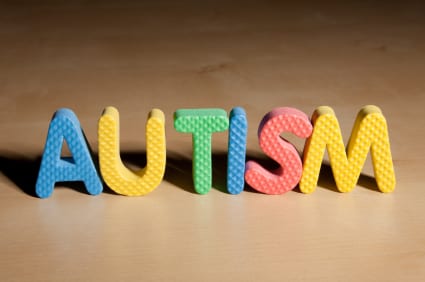 Our child has had a lot of adults in his life. Since he was very young, he has had a plethora of therapists and facilitators.
Our child has had a lot of adults in his life. Since he was very young, he has had a plethora of therapists and facilitators.
Currently, he has a respite person, a school aide, an after-school aide, an occupational therapist, two teachers (both are part time), a speech therapist, a chess teacher, and two social skills facilitators. There are also various other aides as well as an RSP person and the like.
That’s a lot of adults but it’s always been like that our kid.
How do you communicate with all of these people?
We have always communicated well with these various people. We have communication logs or we talk with them directly. We set up meetings, talk on the phone, or use email. We do this because want to know how our child did during class or school. We want to know if anything happened that needs our attention.
And we want the good stuff, too. We have always tried to stress the positive.
When we ask our son directly about his day, he is not very good at communicating. Typically, he’ll say “I don’t know.” When we press him, he’ll often remember the last thing he did. If we ask him in the late afternoon, he’ll struggle to remember any of the morning details.
How do we teach our child to communicate directly with us?
I will admit it is tricky and it is an ongoing process. Basically, our kids are not the best natural communicators. And when they do talk to us, they like to talk about things that THEY like. Reporting about their day or their class is boring.
Because our child is usually shadowed by an adult, we feel we get a more accurate report from the adult. However, I encourage you to not always ignore the attempt to communicate directly with your child.
Here’s what I like to do:
In front of the adult, I ask my child how he did that day. Did he have a good day or a bad day? I will make eye contact with the adult while I’m talking to my child but I’ll try to do it so that my child does not see me. Depending on my child’s response, I will “read” the response by the adult. Which means, is he remembering what happened accurately? Or not?
He’s been steadily improving with this strategy.
I always try to get him to tell me a bit about his day. Give me one or two things, at least. If he persists with “I don’t know,” I’ll try again. His “I don’t know” typically means that he doesn’t want to try to remember his day. I try to act interested (which I am) and encourage him to try again, for my sake. I tell him that his mother wants to know about his day because I wasn’t there with him. So tell me about it! I want to know!
When should you talk to your child?
I find right away works reasonably well. My child’s school is walking distance. This gives us a full block of walking time to talk about his day. Once I’ve checked in with the aide, on the walk home, I will try to get more details out of him, and I’ll reinforce the bad and the good.
On problem is that after he’s been “released” from school, he often focuses on his perceived down time. This down time is necessary and does make this “reporting-to-mommy stuff” a bit of a challenge for him at times. I know he just wants to get home to regulate his body or get on the computer. He doesn’t want to do anymore talking, thinking, or strict-like behaving.
In my next blog, I’ll talk more about communicating with and about your autistic child.





